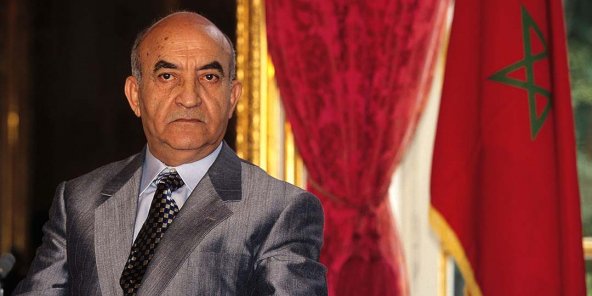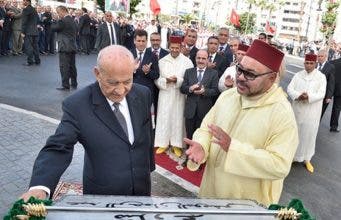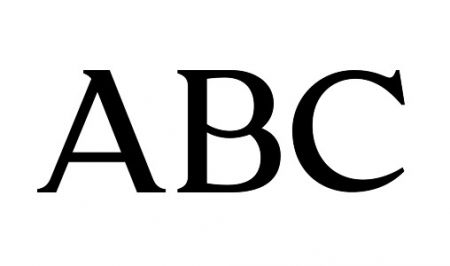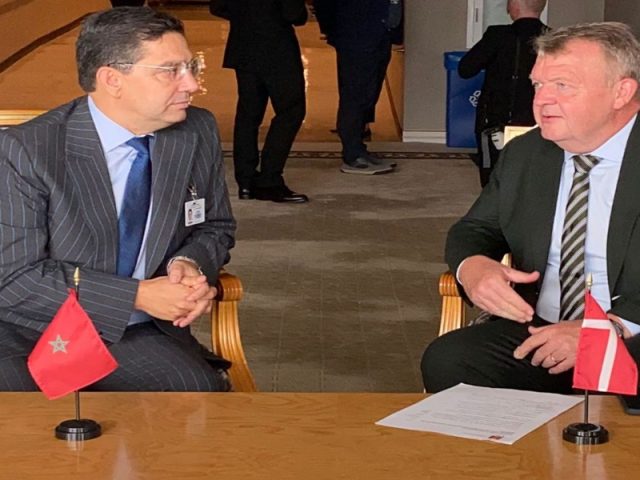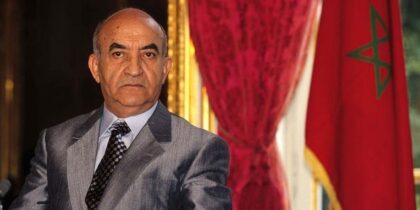 Morocco has just lost an illustrious leader who left a lasting stamp in Morocco’s contemporary history as a statesman trusted by two kings who enjoys the respect of the Moroccan people and the political class as a statesman devoted to serving the fatherland both in office and in the opposition.
Morocco has just lost an illustrious leader who left a lasting stamp in Morocco’s contemporary history as a statesman trusted by two kings who enjoys the respect of the Moroccan people and the political class as a statesman devoted to serving the fatherland both in office and in the opposition.
His death came at a context of coronavirus fears, which prevented Moroccans from paying their last respect to the man who led the alternation government.
Special Royal tribute
King Mohammed VI addressed a condolence message to his spouse, describing the death of Youssoufi as “considerable loss”.
“We take the full measure of this cruel loss. We remember how the illustrious deceased had engaged, from the first hour, in the anti-colonial fight, and, with humility and abnegation, he devoted his whole life to serve his country’s sacred causes,” said the Monarch in his condolence message.
Last August, the King has paid tribute on the twentieth anniversary of his rule to the patriotic leader, who served the homeland with abnegation, naming a military cohort of 2019 graduated officers from different military schools after the former Prime Minister.
The King said then Youssoufi shares with late King Hassan II and with him “the same unwavering principles: love for the homeland and a strong commitment to the nation’s sacred values, to the Kingdom’s territorial integrity and to the defense of its best interests.”
Few national leaders have received such praise from the Monarch who baptized a main street in Tangier, the hometown of the deceased leader, after him, in a gesture full of recognition of Youssoufi’s patriotism, leadership and altruism.
A path of a militant
Born in 1924, El Youssoufi engaged at an early age in political life by joining the Istiqlal party in Casablanca during the colonial era (1944-1949).
Afterwards, he moved to France where he studied law and contributed to the efforts aiming at organizing Morocco’s working class.
El Youssoufi, then, returned to his hometown where he became a lawyer. His political engagement will undergo a turning point when he co-founds with key figures such as Mehdi Ben Barka and Abderrahim Bouabid the party of the National Union for Popular Forces (UNFP), an opposition outspoken leftist organization that seceded from the Istiqlal party.
In 1959 El Youssoufi was arrested along with UNFP opposition leaders for pro-democracy and accountability calls that were then perceived as an offense to the monarchy. He was afterwards accused of inciting crime and undermining public order. El Youssoufi was sentenced in 1963 to two years in prison.
Following the assassination of Mehdi Ben Barka in 1965, El Youssoufi left to France where he remained 15 years. During that period, he joined several human rights NGOs. At that time, he was accused in Morocco and sued between 1969 and 1975 for conspiracy with the death sentence issued against him.
In 1978, the death sentence was dropped against El Youssoufi who became a member of the political bureau of the Socialist Union of Popular Forces (USFP), set up in 1975 as a breakaway from the UNFP.
After 15 years of absence, El Youssoufi returned home in 1980 and in 1992, he was designated first secretary of the USFP, following the demise of Abderrahim Bouabid.
His denunciation of the electoral fraud in 1993 will lead him to a voluntary exile in France. Two years later, he returned to Morocco and in 1998 he became Prime Minister leading Morocco’s political alternation experience and contributing to open a new chapter of democratic consolidation. He held the position until November 2002.
